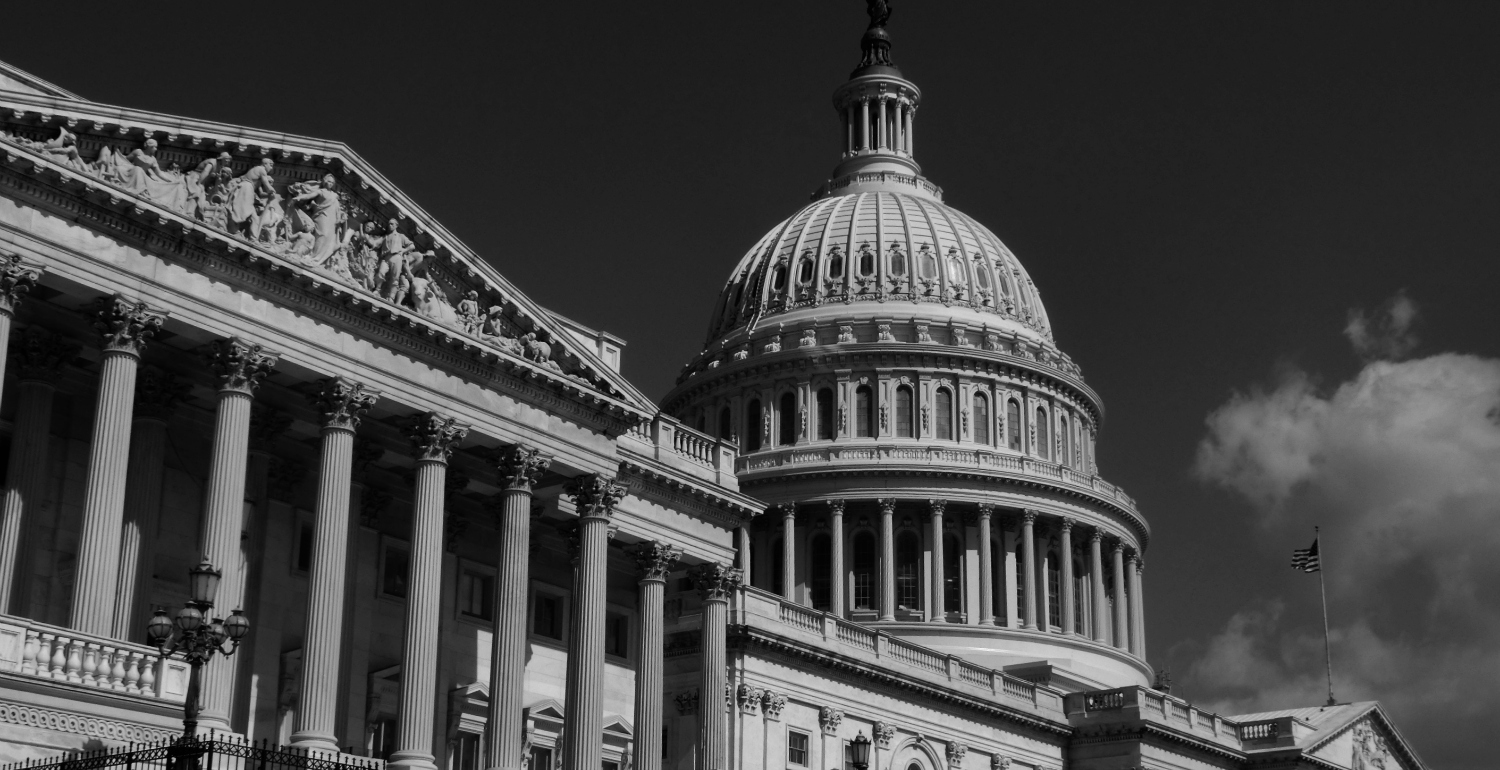WASHINGTON—Today, U.S. Helsinki Commission Chairman Senator Roger Wicker (MS), Co-Chairman Representative Joe Wilson (SC-02), Ranking Member Senator Sheldon Whitehouse (RI), and Ranking Member Representative Steve Cohen (TN-09) and nine other members of Congress called on Attorney General Pam Bondi, Secretary of the Treasury Scott Bessent, and Commerce Secretary Howard Lutnick to robustly enforce the Foreign Extortion Protection Act (FEPA).
Unanimously adopted in the House and the Senate in 2023, FEPA authorizes the prosecution of any foreign official who demands a bribe from a U.S. company, an American, or from any company listed on a U.S. stock exchange.
The letter was signed by:
Senator Roger Wicker (MS), Representative Joe Wilson (SC-02), Senator Sheldon Whitehouse (RI), Representative Steve Cohen (TN-09), Senator Bill Cassidy (LA), Senator John Kennedy (LA), Senator Katie Britt (AL), Senator Ruben Gallego (AZ), Representative Lloyd Doggett (TX-37), Representative Emanuel Cleaver (MO-5), Representative Richard Hudson (NC-09), Representative Marc Veasey (TX-33), and Representative Jake Ellzey (TX-6).
The letter reads:
Dear Attorney General Bondi,
We urge the Department of Justice to robustly enforce the Foreign Extortion Prevention Act (FEPA), a vital tool to protect American businesses from extortion, ensure that foreign officials who demand bribes from U.S. companies abroad are held to account, and advance the United States’ global leadership in the fight against corruption.
Unanimously adopted in the House and the Senate, FEPA authorizes the Department to prosecute any foreign official who demands a bribe from a U.S. company, an American, or from any company listed on a U.S. stock exchange. Under FEPA, prosecutors can target foreign officials who demand bribes from U.S. companies abroad, ensuring American firms are not punished for refusing to pay bribes and can operate on a level playing field.
Robust enforcement of FEPA is central to advancing key Administration priorities, including those outlined in President Trump’s February 2025 Presidential Memorandum on “Defending American Companies and Innovators from Overseas Extortion and Unfair Fines and Penalties” and the Department’s May 2025 white-collar crime enforcement plan, “Focus, Fairness, and Efficiency in the Fight Against White-Collar Crime.”
Aggressively prosecuting FEPA cases can have positive impacts across the entire U.S. economy, but especially on the energy, mining, and defense sectors by reducing their long-standing and significant exposure to foreign demands for bribes.
We urge the Department to urgently and fully realize its commitment to prioritize FEPA cases with national security implications, including those involving foreign adversaries, sanctions evasion, and corruption that undermines U.S. firms abroad. By bringing early and visible cases, the Department can demonstrate our national resolve to end foreign corruption and deter future abuse.
Sincerely,
CC: Secretary of the Treasury, Secretary of Commerce
###











